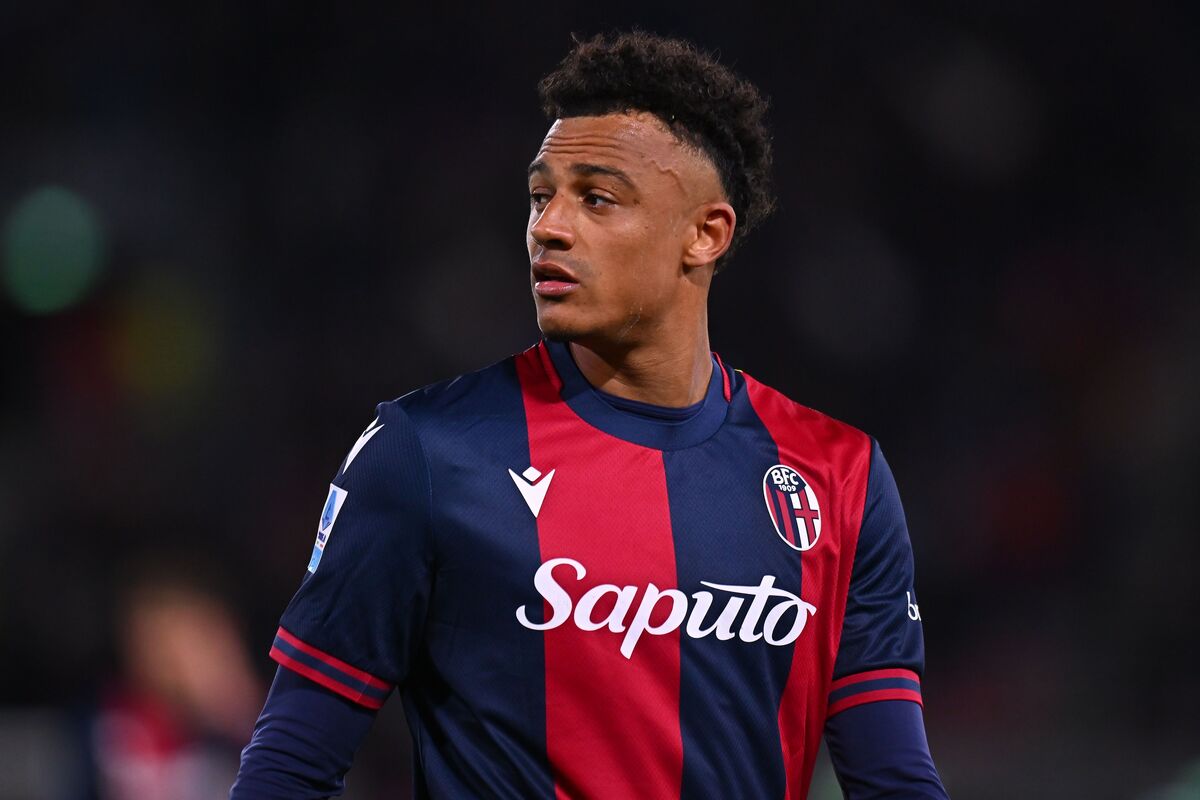The recent transfer saga involving Swiss international Dan Ndoye and his move to Nottingham Forest has sparked considerable debate among football pundits and fans alike, particularly concerning Napoli’s decision not to match the offer. This pivotal moment in the summer transfer window raises crucial questions about player valuation, financial prudence, and strategic club management in the demanding landscape of top-tier European football.
Bologna stands poised to finalize one of its most lucrative sales in club history with Ndoye’s anticipated transfer to Nottingham Forest. The deal, reportedly valued around €45 million including performance-related bonuses, underscores the increasing financial stakes within the sport and highlights Bologna’s adeptness in the transfer market, a key aspect of modern Serie A transfers.
Adding further complexity and potential future earnings to the transaction is a substantial sell-on clause, which could see Bologna’s total revenue from the Dan Ndoye transfer ascend beyond the €50 million mark. This clause is a testament to the club’s foresight, securing a percentage of any future sale of the player, thereby maximizing their investment.
However, the narrative takes an intriguing turn with Napoli’s calculated withdrawal from the bidding war. Despite having actively pursued the talented winger throughout the summer, the Partenopei ultimately chose not to overextend their financial commitment, signaling a clear strategic approach to their Napoli transfer dealings.
According to a Football Italia transfer expert, Napoli’s decision was a sound one, asserting that while Ndoye is undoubtedly a good player, and potentially a great one, his valuation should not have reached the €40-42 million bracket, let alone the €45-50 million package including add-ons and sell-on clauses. This assessment challenges the notion of inflated transfer fees and advocates for a more grounded approach to player valuation in the current market.
The expert further articulated that while every club operates under its own financial philosophy, Bologna’s delight over the profitable sale is mirrored by Napoli’s sense of relief and “peace of mind.” This suggests Napoli avoided an investment that, when weighing the player’s quality against the output expected for such a price, could have ultimately proven to be financially imprudent or “unpleasant.”
This scenario encapsulates the delicate balance clubs must strike between securing coveted talent and maintaining fiscal responsibility. Napoli’s reluctance to “break the bank” for Dan Ndoye illustrates a broader trend where top clubs are becoming increasingly discerning, unwilling to succumb to bidding wars that might lead to overpayments in a volatile transfer market, a crucial lesson for future Serie A transfers.






Leave a Reply